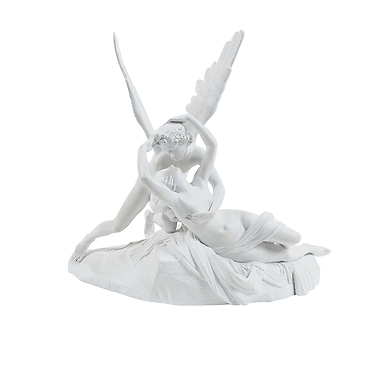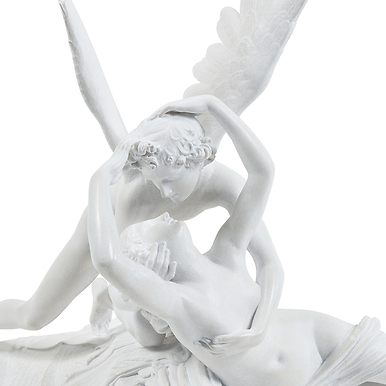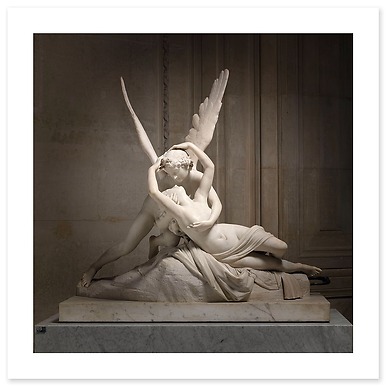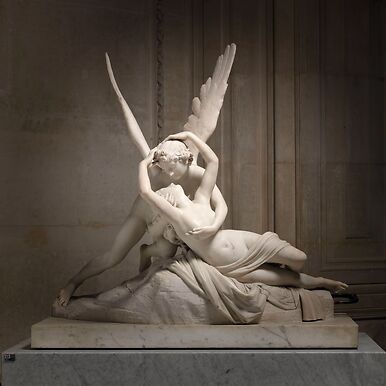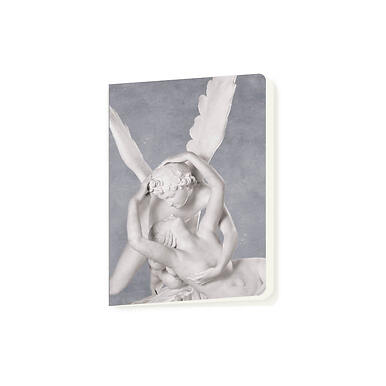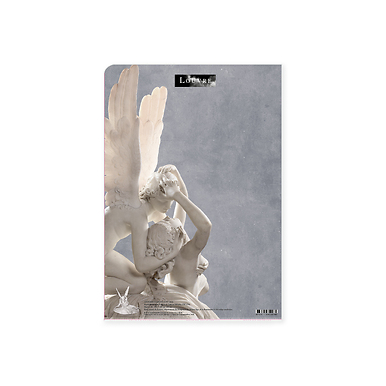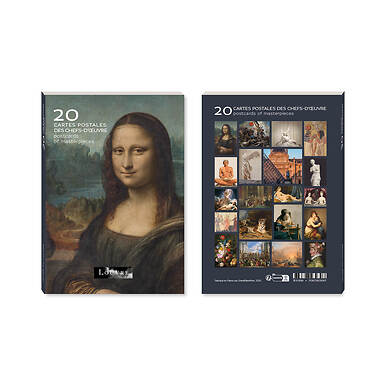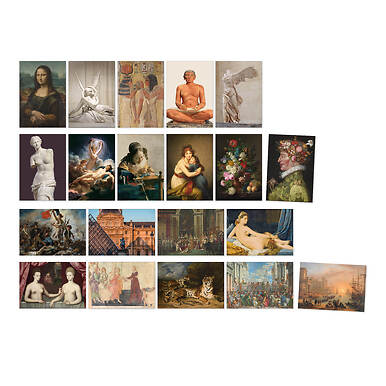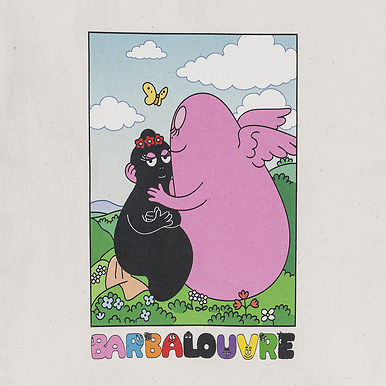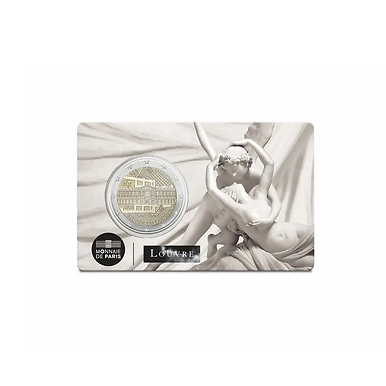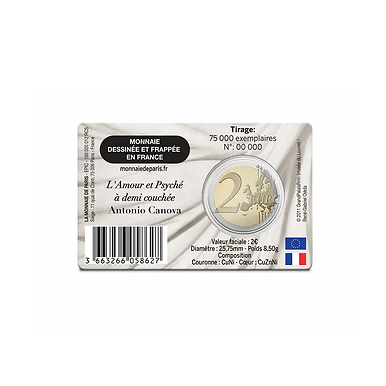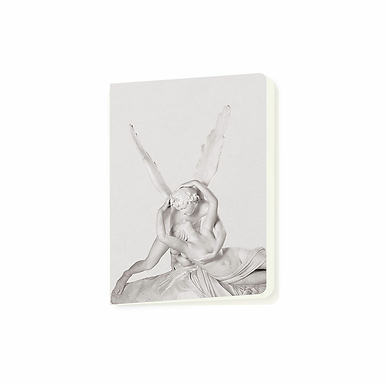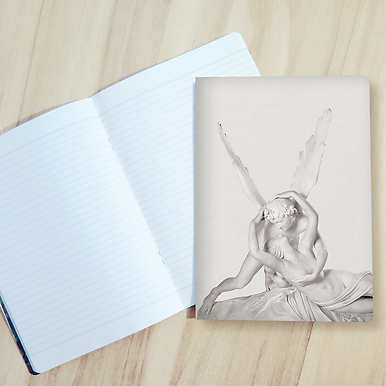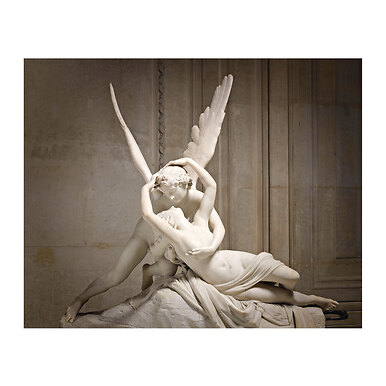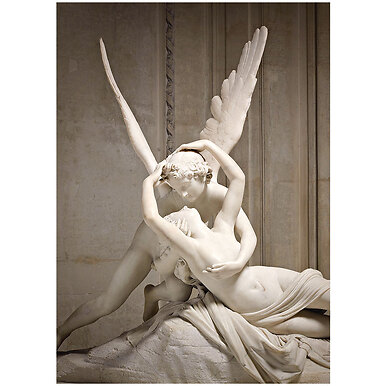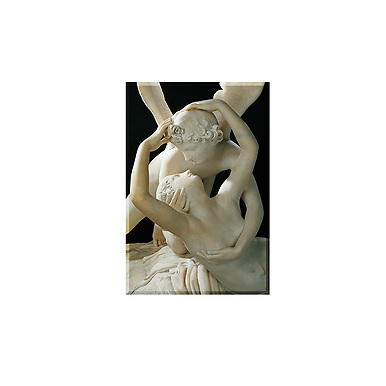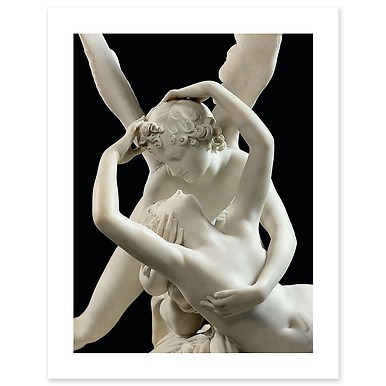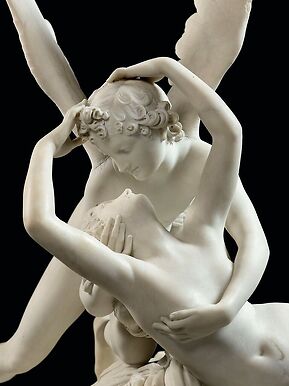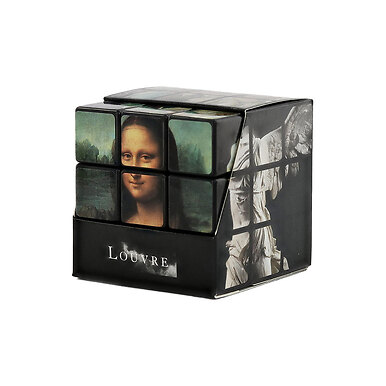Antonio Canova
1757-1822The epitome of the Neoclassical style
Antonio Canova is an Italian sculptor from the Republic of Venice, famous for his marble sculptures that delicately illustrate bare flesh. They include Psyche Revived by Cupid's Kiss(1793) and The Three Graces (1814).
His work, considered the epitome of the Neoclassical style, marks a return to classical refinement after the excesses of baroque sculpture. A self-described amateur painter, Antonio Canova pursued this activity between 1780 and 1799, helping him define his own canons of feminine beauty.
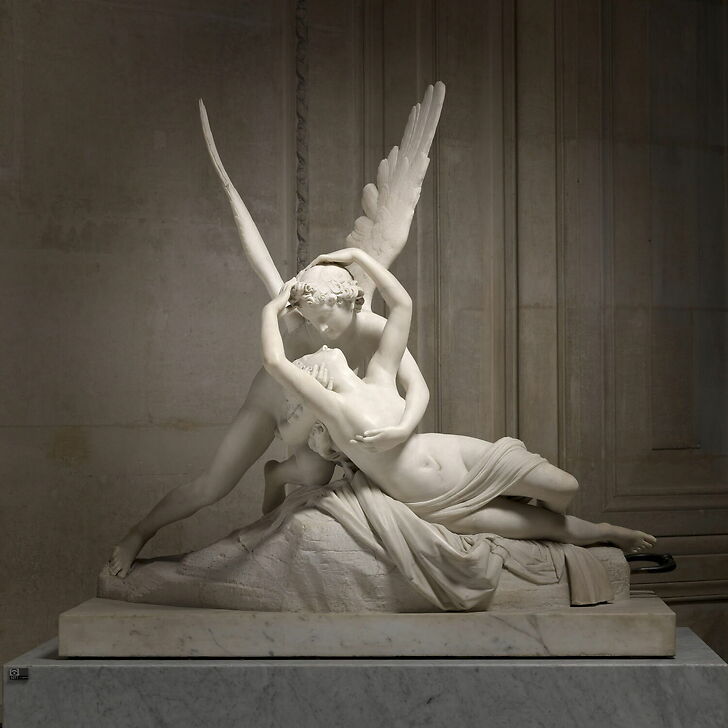
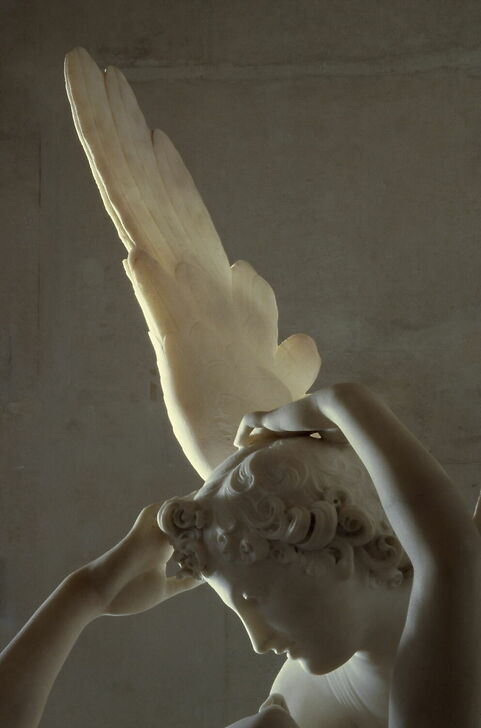
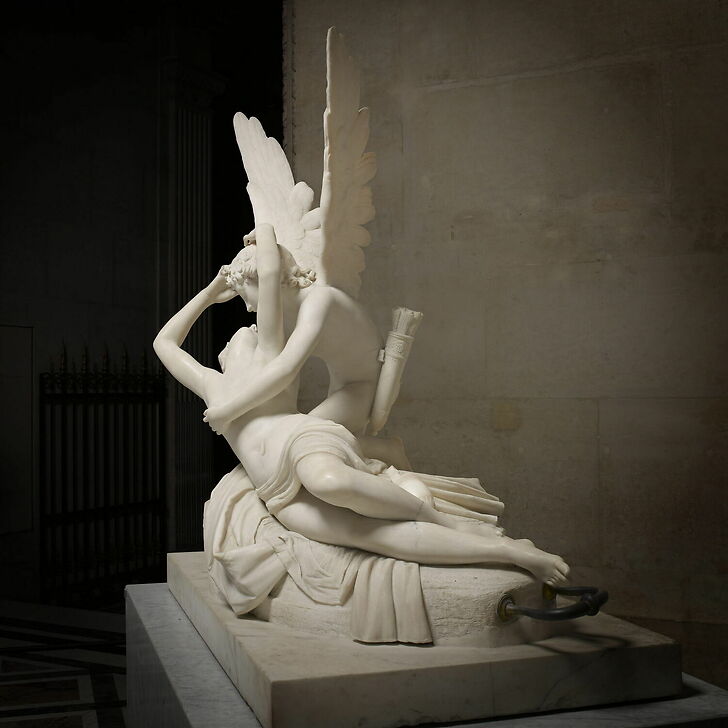
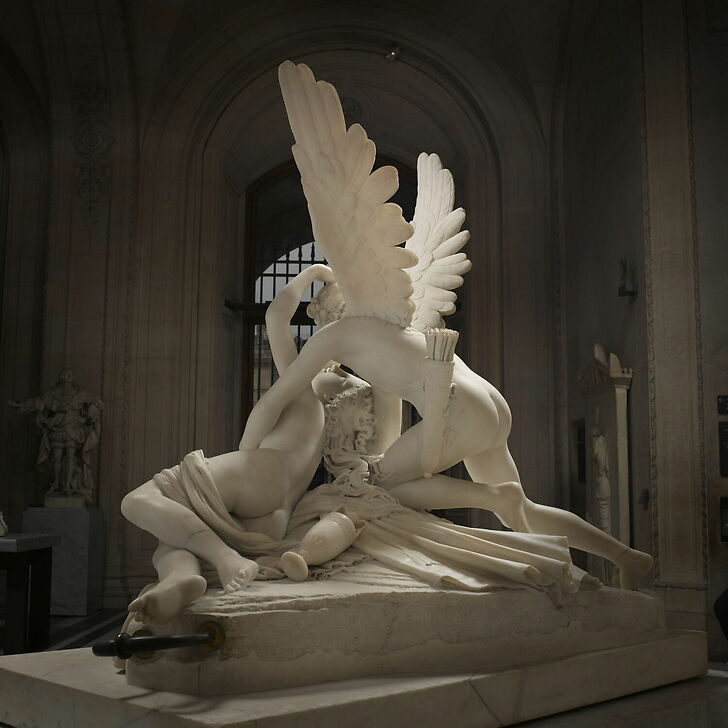
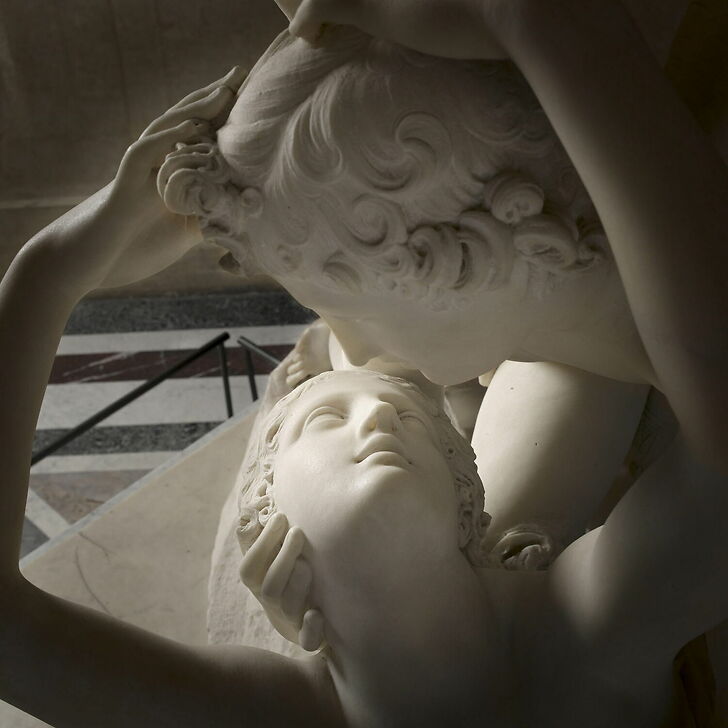
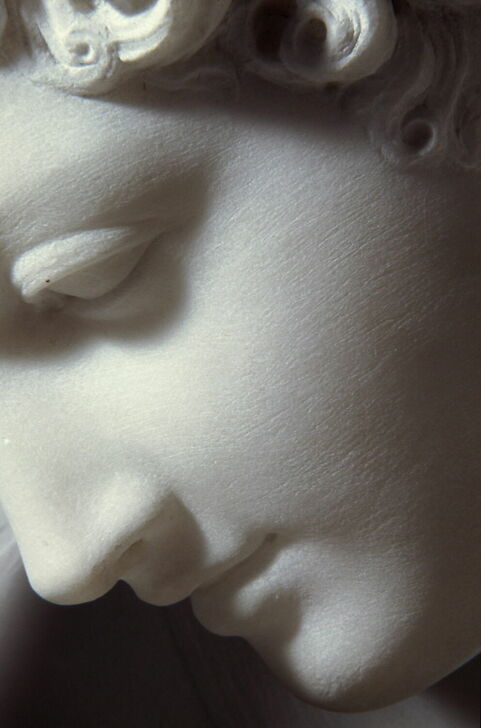
Drawn from the novel the Metamorphoses (2nd century BC) by the Latin writer Apuleius, the tale of Cupid and Psyche greatly inspired the Neoclassical sculptors of the late 18th century. Among them was Antonio Canova, a Venetian sculptor and painter who created his own version of this doomed romance at the request of the English Colonel John Campbell. Presented in the Musée du Louvre, this marble group focuses on the moment when the god of love is about to kiss the princess Psyche, who is in a deep sleep.
This captured instant sums up the full virtuosity of Antonio Canova, renowned for his subtle marble work and the great delicacy of his creations. From the cloth that preserves Psyche's modesty to Cupid's transparent wings and the fine grain of the skin, this work of stunning realism still fascinates today.
Did you know?
Canova's sculpture "The Three Graces" represents the three daughters of Zeus, each bearing a special gift to offer humanity: (from left to right) Euphrosyne (joy), Aglaia (elegance) and Thalia (youth and beauty).

